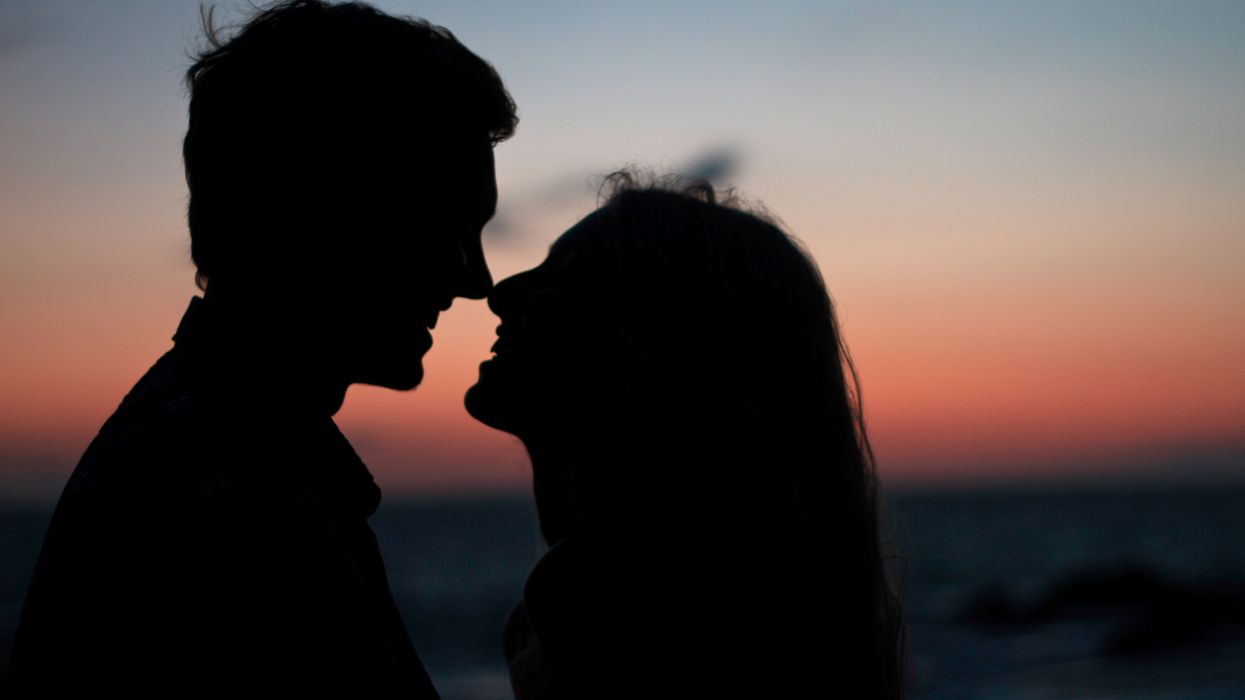Two men from Pakistan were recently denied refugee status in Australia because their accounts of what happened right after they first did the deed, 6 years ago, differed.
The decision has since been successfully appealed in the Federal Court of Australia by the couple, but the damage was already done.
The couple were facing deportation to Pakistan, a country with severe penalties for gay sex, when they appeared before a tribunal to argue their case for refugee status.
The tribunal argued that it was "implausible" that the pair would not accurately remember what happened after such a momentous occasion, even though it had been more than 6 years prior.
The men, known only as H and I to protect their identities, both came to Melbourne as students in 2009. They had been introduced by their fathers while still in Pakistan, and decided to share an apartment in Melbourne.
A night out drinking and dancing to celebrate H's birthday led them to talk about their interest, or lack thereof, in women. Eventually one thing led to another and they slept together.
H said during the hearing:
"As we were both drunk, we couldn't control to express our feelings at that night and finally we share all those pleasures which gay couples would do."
When asked about the time following their first night together, the two gave slightly different stories about what happened. This led the tribunal to decide that they were not credible witnesses, even going so far as to claim the pair are not really gay, and to deny their request for refugee status.
The tribunal erroneously determined that their explanation was "implausible" because both men came from conservative families and would, therefore, definitely remember what had happened after their first sexual experience and how soon after they had another.
The tribunal also asserted that the two would have had "much that they would want to discuss with each other" about such a momentous occasion.
The tribunal's decision was overturned by the Federal Court of Australia because the tribunal made incorrect assumptions about how the men should have reacted.
Justices Bernard Murphy and Michael O'Bryan said of the case:
"It cannot be said that the psychological reactions of a couple to their first sexual encounter are matters of common human experience."
"Indeed, to the extent that anything can be said about such matters from common human experience, it would be that the psychological reactions of a couple to their first sexual encounter are likely to vary widely, reflecting the wide range of human emotional attributes."
Two of the three Federal Judges ruled that the tribunal's decision constituted a legal error and sent the case back to the Administrative Appeals Tribunal.
Their future remains uncertain, but at least now they have a chance to stay in Australia together.








 @themanfromvulcan/Reddit
@themanfromvulcan/Reddit @buffysmanycoats/Reddit
@buffysmanycoats/Reddit @jadelikethestone/Reddit
@jadelikethestone/Reddit







